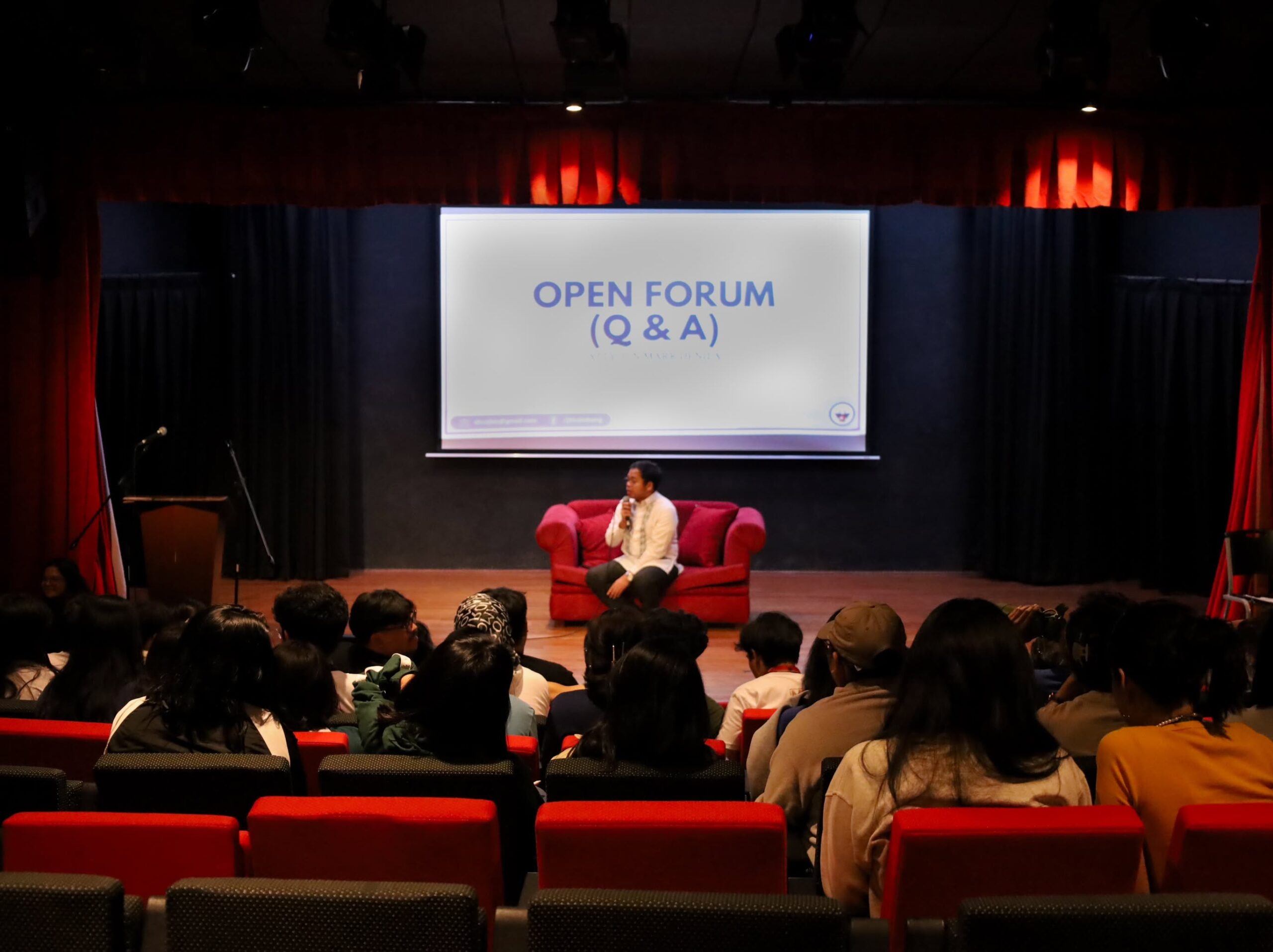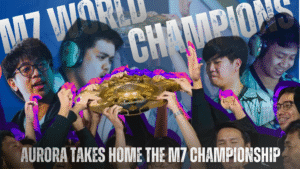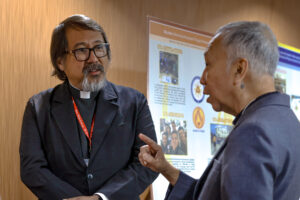By Jairah De Vera | April 3, 2025
“Justice Without Borders” puts the Duterte Case in the Spotlight.
LAST Mar. 28, the Junior Bedan Law Circle held a “Justice Without Borders: A Symposium on the International Criminal Court” symposium at the Rosendo Herrera Hall. The two guest speakers were Professor E.G. Afable and Atty. Jun Marr Denila discussed the political atmosphere in the Philippines and the Rome Statute in connection with the Philippine situation.
The symposium commenced with an opening remark from Prof.Precy G. Baluarte, Vice Dean for the School of Business, Accountancy, and Management, who emphasized the significance of the event and its timely relevance to current issues, particularly the role of the International Criminal Court in pursuing justice beyond national borders.
Prof. Afable, a faculty member from the International Studies department, opened his talk with the statement, “The selling point of every person who wants to run for public office is ‘the government is broken.” He reflected on his experience in Davao before Duterte's leadership, describing a time when violence was rampant, the New People's Army dominated the city, and loose firearms were widespread.
The IS professor highlighted the need for political maturity, pointing out the toxicity in discourse among groups like Diehard Duterte Supporters (DDS), Pinklawan, and Dilawan. Prof. Afable discussed good governance in the Philippine context, categorizing it into perception, process, and participation.
He elaborated on how the Duterte administration's promise of a “quick fix” resonated with voters, earning their trust and support. The professor urged the students to vote for a strong leader in the upcoming elections, saying, “Hopefully, whoever wins will make you safe.”
Atty. Denila, an Associate Solicitor at the Office of the Solicitor General, started his discussion by explaining the structure of the International Criminal Court (ICC). He explained its purpose, the provisions under the Rome Statute, and its relation to the Philippines. “In order to make a strong defense before the criminal court, they should invoke provisions under the Rome Statute,” he said as he opened the discussion towards the case regarding former president Rodrigo Roa Duterte.
Atty. Denila then delved into how the ICC plays a crucial role in addressing crimes against humanity when a nation's judicial system is unwilling or unable to act. He explained how this principle has come into focus in the Philippines, where no investigations were conducted against high-ranking officials during the controversial drug war.
The Associate Solicitor concluded his talk by explaining how the ICC has reopened its investigation into Duterte’s alleged crimes, citing its authority over the act committed while the Philippines was still a member, despite the country’s 2011 membership and withdrawal in 2019.
During the question and answer session, one student asked about the admission of Duterte of how he ordered the extrajudicial killings and whether was it considered a form of admission of guilt– Atty. Denila simply answered by stating, “Yes.” he then goes on to explain this by adding, “Even if he made that statement only as a joke, that is still considered as a truthful testimony,” he says in regards to the former president's statement in Congress where he was under oath.
This was then followed by another student asking why Filipinos tend to favor “macho” leaders who disregard due process. Prof. Afable attributed this to the public's preference for quick solutions, which often leads to superficial governance. He added, “The macho-ism comes from sexism. Sometimes Filipinos are very sexist—there’s no other explanation.”
Another student inquired about the impact of Duterte’s “strong and macho” persona on the following leaders after him. Prof. Afable explained that the presidency demands a display of power, but Duterte’s leadership set a tone of moral decline, leading to mimicry in government behavior. “Lahat nagmumura na—lahat bastos na,” he remarked, concluding with a warning about the dangers of such trends: “And unfortunately, it wins, so ‘yun ang delikado doon.”
Volume 30 | Issue 4




